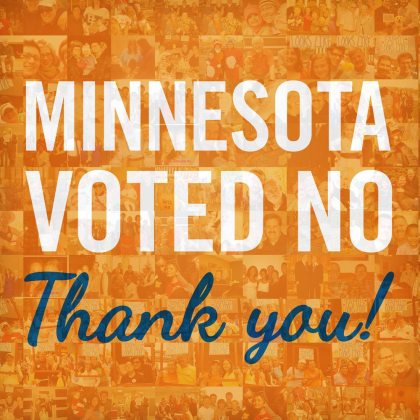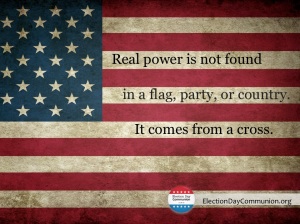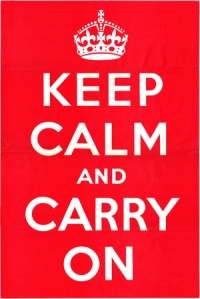The Clockwork Pastor
Scenes from a Christian Bookstore
This past weekend, my partner and I went up to Grand Forks, North Dakota for Thanksgiving with his side of the family. Daniel wanted to stop at the local Christian Bookstore to get a birthday card for his brother and a nephew. These days, I rarely go into the kind of Christian bookstore that I went into when I was young. But when I do, I like to look around and maybe reconnect with my more evangelical past. In the late 80s, I used to work at one of the Family Bookstores located in Flint. It was kind of cool back then since I got discounts on all the Christian music I used to listen to.
But back to Grand Forks. I wandered around the books and read some of the latest titles. Some stuff I wouldn’t agree with these days, but some were by people I knew. As I wandered through the isles, there was a part of me that wanted to snicker, to look at these books and the theology of those who walked the isles as somehow inferior to my present faith journey.
Look back at that, I tend to feel ashamed of myself for thinking that way. Because allowing that sense of smugness about current evangelical culture in America wasn’t very Christian of me.
The fact of the matter is, I’m not the only one who tends to have a sense of superiority when it comes to evangelicals. It’s something that is found throughout progressive Christian circles. The sad thing is that unlike me, most folks don’t feel bad about ripping apart that culture.
A friend shared with me a blog post written by a soon-to-be pastor here in Minneapolis about his recent visit to a Christian bookstore after a ten year abscence. The funny thing is that before I even read one word of his post, I pretty much knew what his impressions were going to be. Paragraph by paragraph he looks at the books and t-shirts and knocks down evangelical culture as being xenophobic and unthinking. A little taste:
It’s designed to keep people afraid. Because when people are afraid they don’t ask questions. One portion of one of the books was all about how converting people to become Christians wasn’t about saving them from Hell, it was about saving them FROM GOD. Because God was vengeful and wrathful and could destroy them. And God wants to destroy anyone who isn’t a Christian. (I’m not even exaggerating.)
I remember well that fear. In fact my entire life was fear. Fear that I wasn’t really saved, that I wasn’t a good enough Christian, fear that God would send me to Hell. That I wasn’t chosen, that God didn’t love me, that my queerness would keep me out of heaven. That I wasn’t doing enough to convert my friends, that if they died their blood would be on my hands, and it went on and on and on. And that fear is powerful. It keeps you from asking questions or stepping out of line. It keeps you dependent on the people who are acting as gatekeepers because if you step out of line those gatekeepers will tell you that you’re not really saved. The thing about fear is that it keeps you obedient, but it doesn’t lead to an abundant life. I wasn’t filled with the spirit, I was filled with fear.
I’m bothered by this post. I think it’s a good thing to critique some aspects of evangelical culture, but I don’t feel that he really engaged the culture as a whole. In fact, I don’t think he learned anything as his title suggests because it seems that he went in with a view and found things to affirm his viewpoint. Learning suggests that you are going to have a deeper knowledge of things, not to sum up what you already believe.
The thing is, most mainline/progressive Christians tend to have this view of our evangelical sisters and brothers. We already have our minds made up about these folk and so we look for that which already confirms our biases. What we fail to do is to take in a wider view, because if we did that, if we read more evangelical thinkers and so on, we might have a more complex view than the strawman we so like to set up and knock down.
Recently, I took to listening to some of the Contemporary Christian Music from the 1980s. This was part of the soundtrack of my adolescence and early adulthood. As I heard the songs again, I realized how great some of the songs were. They weren’t all just “Jesus is my boyfriend” but really talking about faith and the struggles we face everyday. I might not always agree with the theology, but I did appreciate the honesty and sincerity that I sometimes find lacking in my new home.
There is a lot that’s wrong with evangelical culture. But the culture that raised me as a young Christian also had a lot of good in it, good things that made me who I am now. I can be critical, yes and I should be. But even the most imperfect thing can be used for good, can be used for God’s glory.
Surely my past, as problematic as it was should get more than just a passing sneer.
Filed under: evangelicalism






